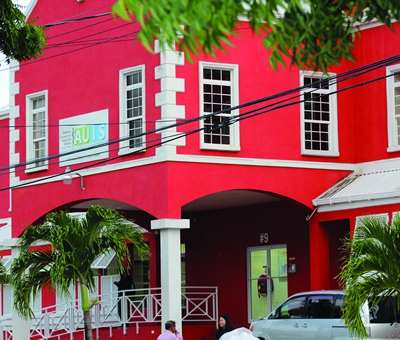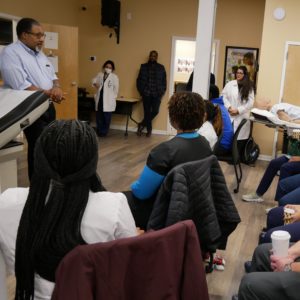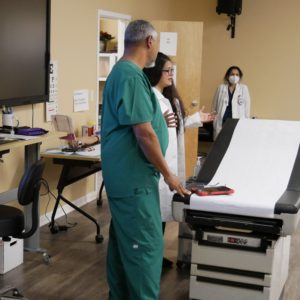By Vann Miller
Dec. 29, 2016
American patients are living longer and recognizing needs which go beyond western allopathic medical practices, according to one report.
In a study published in the U.S. National Library of Medicine, statistical data finds that while patients are burdening a greater share of the medical expenses, they are constantly preferring alternative medical practices such as herbal medicines, homeopathic remedies, dietary supplements, yoga, chiropractic care, massage therapy, and acupuncture.
At the American University of Integrative Sciences, medical students learn how to incorporate evidence-based modalities emphasizing disease prevention. This foundation of learning encourages these medical students to combine the disciplined integration of modern medicine and quantifiable healing modalities from the various cultures of the world.
AUIS students have an advantage as they apply this medical integration, according to one school official.
“Complementary and alternative medicine comprises an eclectic mix of self-administered products,” according to Matthew Davis, Dartmouth Institute for Health Policy and Clinical Practice, and author of a health care study on Medical Spending during 2002-08.
The study found complementary and alternative medicine provided in the United States are approximately $9 billion annually.
“Our findings suggest that any attempt to reduce national health care spending by eliminating coverage for complementary and alternative medicine would have little impact at best.” Davis said.
Furthermore, according to the report, as long as complementary and alternative medicine services are proven to be efficient, those who provide these services may find opportunities to participate in new delivery system models.
Alternative medicine remains a growing practice as aging patients discover practices and treatments formerly considered non-traditional.
According to one study published by Grand View Research, in North America, in 2014 more than 35 percent of all Americans incorporate some kind of alternative therapy into their healthcare routine.
“We found that the U.S. market for these services represented only a small part of national health care spending.” said Davis.
Doctors will require an in-depth understanding of each of these modalities, according to AUIS Director of Admissions Gwen Garner
“We are in a worldwide healthcare crisis that can be well-treated by use of evidence based alternative approaches that complements traditional medicine,” said Garner
Information contained in this article comes from the National Institutes of Health website found at https://www.nih.gov/ and the Grand View Research site, http://www.grandviewresearch.com/
For more information about AUIS and its medical school programs, visit https://www.auis.edu/auis-admissions.



